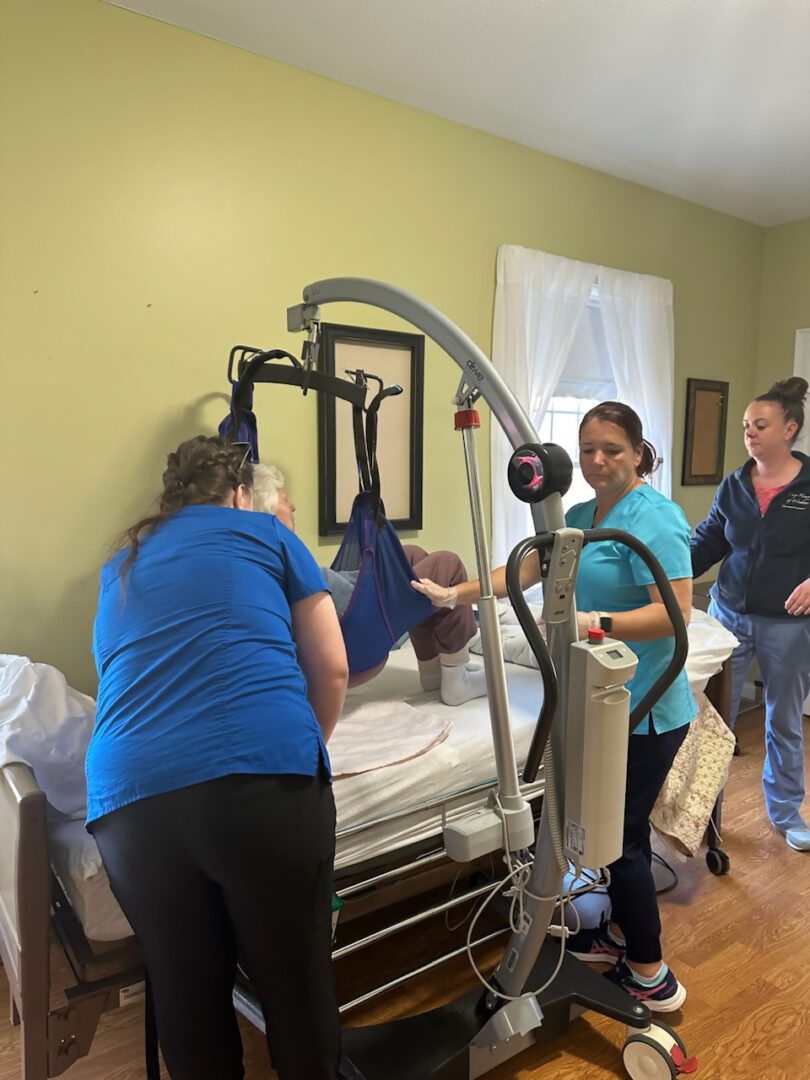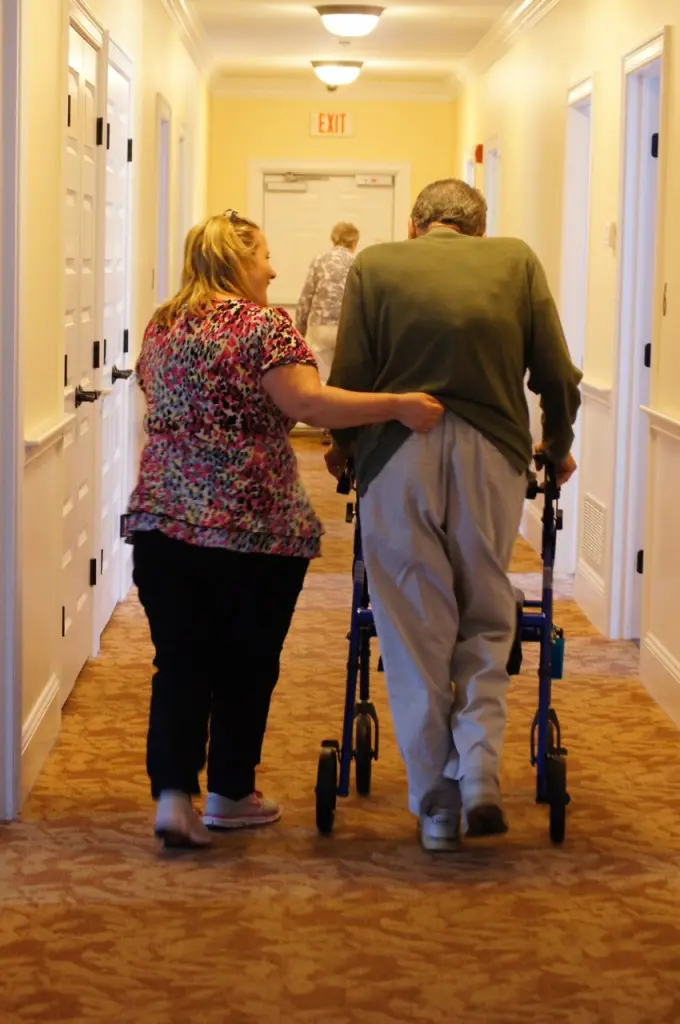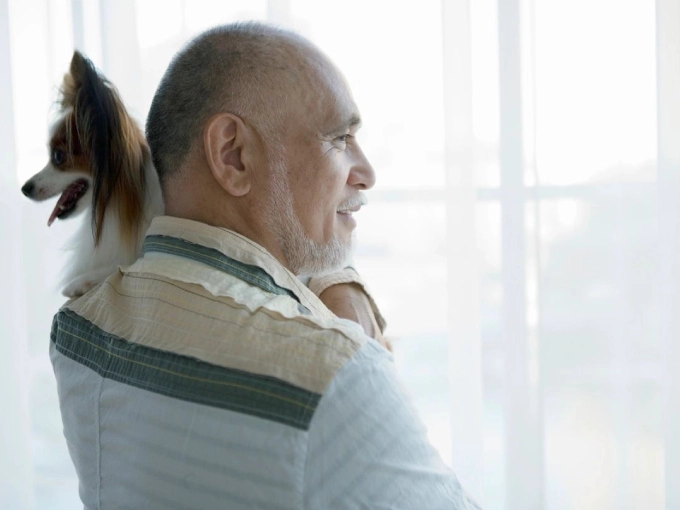Long Term Care
Mobility Issues
Grace House has the ability to care for residents with mobility issues, offering a variety of transfer options including one person, two person, or the use of mechanical lifts. According to a recent survey, an estimated 17.1 million adults in the United States have difficulty walking a quarter of a mile, and 7.1 million adults need assistance with activities of daily living, such as transferring from a bed to a chair. With such high numbers of individuals needing assistance, Grace House ensures that all residents with mobility issues receive the support and care they need to live comfortably and safely.


Falls Among Elderly
Grace House of Windham provides a small, home-like environment for our residents. With a high staff-to-resident ratio, we can ensure that the safety of your loved one is our highest priority. Adequate staffing ensures a lower fall ratio and allows proper fall risk protocols to be in place. Each staff member averages 4-5 residents at a time, which is significantly below industry standards. This means that your loved one gets more personalized attention at Grace House of Windham than any other facility.
Alzheimer's Disease
Grace House of Windham is purposely designed to be a safe environment for the memory impaired. Our high staff-to-resident ratio, which is better than any other facility in the area, allows proper time to care for our residents who have Alzheimer's disease and Dementia. All of our residents are treated with care, respect, and dignity all the time.
What is Alzheimer's Disease?
Alzheimer's disease is an irreversible, progressive brain disease that slowly destroys memory, judgment, decision-making, the ability to carry out simple daily tasks, and language. Most of the time, symptoms start to appear after age 60.
Stages of Alzheimer's Disease
The stages of Alzheimer's disease provide a useful timeframe for how the disease may unfold. Please note that not everyone will experience the same symptoms or develop the disease at the same rate.
Stage 1: Normal Function
Stage 2: Very Mild Cognitive Decline (Normal Age Forgetfulness)
Stage 3: Mild Cognitive Decline
Stage 4: Moderate Cognitive Decline (Mild or Early-stage Alzheimer's)
Stage 5: Moderate Alzheimer's Disease
Stage 6: Moderately Severe Alzheimer's Disease
Stage 7: Severe or Late-stage Alzheimer's Disease


Lewy Body Dementia
Grace House of Windham is a safe environment for the memory impaired, including those with Lewy Body Dementia. Lewy Body Dementia is a progressive degenerative disease of the brain. The disease has common symptoms with Alzheimer's and Parkinson's and is common in older adults. Lewy Body Dementia accounts for as many as 20% of the seven million cases of dementia in the United States. This disease is the second most common form of dementia after Alzheimer's.
Dementia with Lewy bodies is the term for numerous disorders or conditions that cause dementia. The disease is named after smooth round protein lumps, which are called Lewy bodies, found in the nerve cells of affected brains. The Lewy bodies are found throughout the layer of the brain and deep inside the brainstem.
Symptoms of Lewy Body Dementia
Pet Therapy
At Grace House of Windham, pets are part of the family. Our pets bring a smile to our residents' faces, brightening their day. We are firm believers in pet therapy for the elderly because it provides a sense of well-being and companionship. Pets are a cause for connecting with people, conversation, and nurturing. Dealing with separation from loved ones can be hard, causing a sense of loneliness. Pet therapy for adults eases the problem and provides a positive outlook to all of our residents.
According to LoveToKnow Seniors, the physical benefits of pet therapy for the elderly are increased mobility, increased exercise, and lowered blood pressure. The emotional benefits are companionship, a sense of caring and nurturing, increased self-esteem, decreased anxiety and depression due to the bond formed with the animal, reduced loneliness, and increased social interaction.

